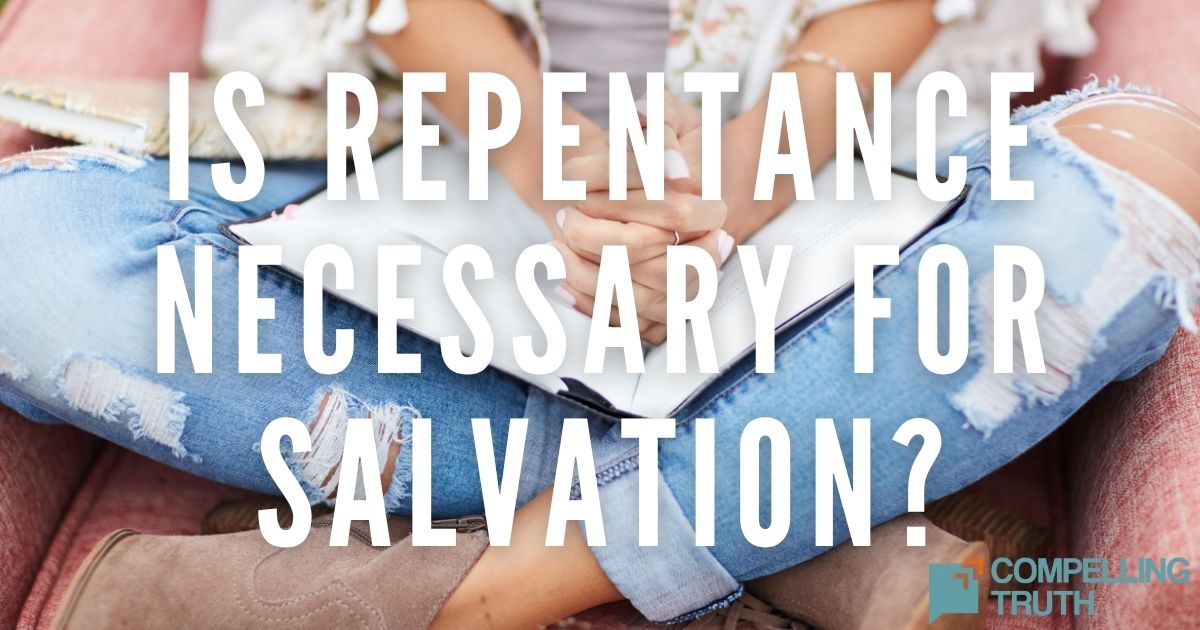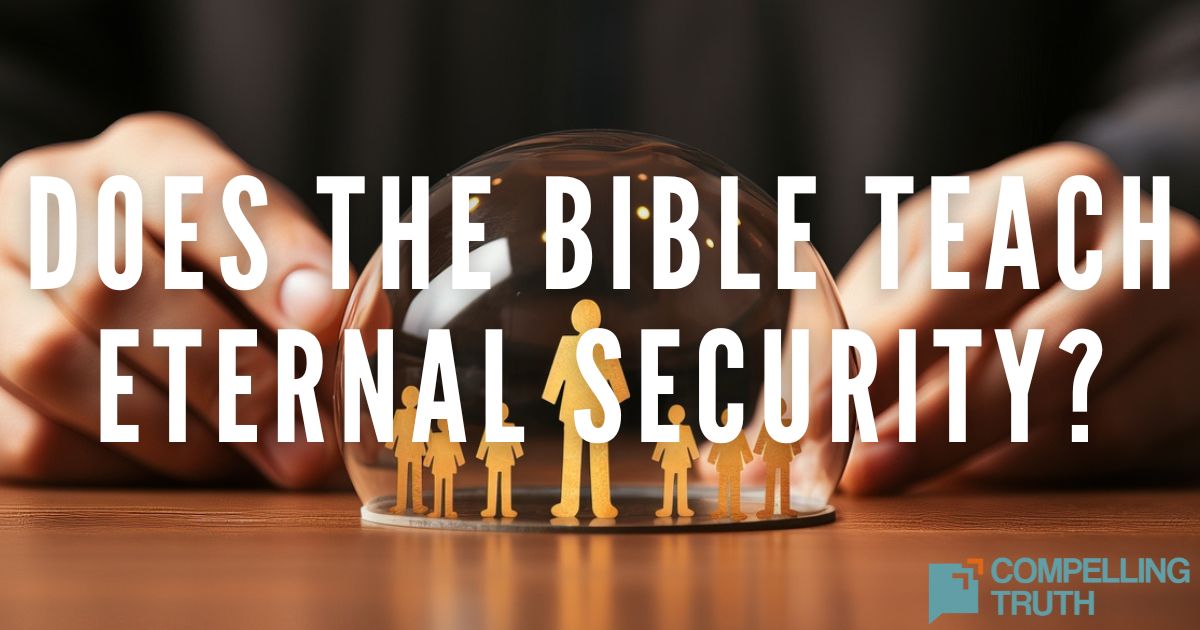Free Grace Theology is the name given to a certain view of salvation theology, or soteriology. Its opposite is Lordship Salvation. Free Grace Theology and Lordship Salvation are both relatively recent terms, but they illustrate an issue that Christians have been dealing with since the beginning: are we really and truly saved by faith alone, or are works necessary to salvation? Free Grace Theology would basically say yes, faith is all that is necessary. Lordship Salvation theologians would disagree, saying that works must be in evidence. In a way, they are both correct. It is also true that both camps can take their interpretation too far and become unbiblical in their assertions.
"For God so loved the world, that he gave his only Son, that whoever believes in him should not perish but have eternal life" (John 3:16). Free Grace theologians point to this and other similar verses (John 5:24, for example) as evidence that as soon as a person believes he is given a place in God's kingdom—no matter what happens in his life afterward. The opposite camp will then point to the book of James, which says, "faith apart from works is useless" and "a person is justified by works and not by faith alone" (James 2:14–26). James illustrates this perfectly, saying that if a person is hungry and has no shelter and you say "be warm and well fed" but do nothing to help him, it doesn't do any good. Faith without works, he says, is like that. Essentially Lordship Salvation theologians are afraid to tell new converts that all they must do is believe—they worry that de-emphasizing works will lead to antinomianism and licentiousness. Free Grace theologians, on the other hand, worry about the opposite situation: every Christian is sure to fall and fail and sin. Free Grace theologians want to ensure that discouraged believers do not give up hope and walk away from the Lord.
Jesus said, "Not everyone who says to me, 'Lord, Lord,' will enter the kingdom of heaven, but the one who does the will of my Father who is in heaven" (Matthew 7:21). What then, is the will of the Father? Look to the next verse: "On that day many will say to me, 'Lord, Lord, did we not prophesy in your name, and cast out demons in your name, and do many mighty works in your name?' And then will I declare to them, 'I never knew you; depart from me, you workers of lawlessness'" (Matthew 7:22–23). Workers of lawlessness? How can people who prophesied and cast out demons and did mighty works in the name of Jesus be called 'lawless'? The key is in Jesus' words: "I never knew you." Their works could not save them—only knowing Jesus can do that.
Works are a result of salvation, but they do not contribute to salvation. The thief on the cross, who Jesus saved at the last moment of his life, had no time to do any works. But if he had lived, he would have been sanctified, and his life would have become conformed to Christ's (Hebrews 10:10, 14). "For by grace you have been saved through faith. And this is not your own doing; it is the gift of God, not a result of works, so that no one may boast. For we are his workmanship, created in Christ Jesus for good works, which God prepared beforehand, that we should walk in them" (Ephesians 2:8–9). The Bible fully supports the idea that God's power is what saves us (Romans 1:16). It also fully supports the idea that "faith apart from works is dead" (James 2:26).
As you see, the Bible does not always bend to fit into the molds we prepare for it. Whether or not it makes perfect sense, justification and sanctification are a package deal. You don't get one without the other. Free Grace theologians focus on seeing justification take place, and Lordship Salvation theologians focus on seeing sanctification take place, but the truth is that none of us knows what is happening in the heart of another person. We may not see sanctification taking place, but that doesn't mean that God is not working on that person. We may witness a conversion that seems utterly genuine, but that person may not be sincere. We should be careful not to judge others, but instead focus on our own justification and sanctification, which are both settled in Christ's blood (Matthew 7:1; Luke 6:37; Romans 5:1–5).
"For God so loved the world, that he gave his only Son, that whoever believes in him should not perish but have eternal life" (John 3:16). Free Grace theologians point to this and other similar verses (John 5:24, for example) as evidence that as soon as a person believes he is given a place in God's kingdom—no matter what happens in his life afterward. The opposite camp will then point to the book of James, which says, "faith apart from works is useless" and "a person is justified by works and not by faith alone" (James 2:14–26). James illustrates this perfectly, saying that if a person is hungry and has no shelter and you say "be warm and well fed" but do nothing to help him, it doesn't do any good. Faith without works, he says, is like that. Essentially Lordship Salvation theologians are afraid to tell new converts that all they must do is believe—they worry that de-emphasizing works will lead to antinomianism and licentiousness. Free Grace theologians, on the other hand, worry about the opposite situation: every Christian is sure to fall and fail and sin. Free Grace theologians want to ensure that discouraged believers do not give up hope and walk away from the Lord.
Jesus said, "Not everyone who says to me, 'Lord, Lord,' will enter the kingdom of heaven, but the one who does the will of my Father who is in heaven" (Matthew 7:21). What then, is the will of the Father? Look to the next verse: "On that day many will say to me, 'Lord, Lord, did we not prophesy in your name, and cast out demons in your name, and do many mighty works in your name?' And then will I declare to them, 'I never knew you; depart from me, you workers of lawlessness'" (Matthew 7:22–23). Workers of lawlessness? How can people who prophesied and cast out demons and did mighty works in the name of Jesus be called 'lawless'? The key is in Jesus' words: "I never knew you." Their works could not save them—only knowing Jesus can do that.
Works are a result of salvation, but they do not contribute to salvation. The thief on the cross, who Jesus saved at the last moment of his life, had no time to do any works. But if he had lived, he would have been sanctified, and his life would have become conformed to Christ's (Hebrews 10:10, 14). "For by grace you have been saved through faith. And this is not your own doing; it is the gift of God, not a result of works, so that no one may boast. For we are his workmanship, created in Christ Jesus for good works, which God prepared beforehand, that we should walk in them" (Ephesians 2:8–9). The Bible fully supports the idea that God's power is what saves us (Romans 1:16). It also fully supports the idea that "faith apart from works is dead" (James 2:26).
As you see, the Bible does not always bend to fit into the molds we prepare for it. Whether or not it makes perfect sense, justification and sanctification are a package deal. You don't get one without the other. Free Grace theologians focus on seeing justification take place, and Lordship Salvation theologians focus on seeing sanctification take place, but the truth is that none of us knows what is happening in the heart of another person. We may not see sanctification taking place, but that doesn't mean that God is not working on that person. We may witness a conversion that seems utterly genuine, but that person may not be sincere. We should be careful not to judge others, but instead focus on our own justification and sanctification, which are both settled in Christ's blood (Matthew 7:1; Luke 6:37; Romans 5:1–5).



